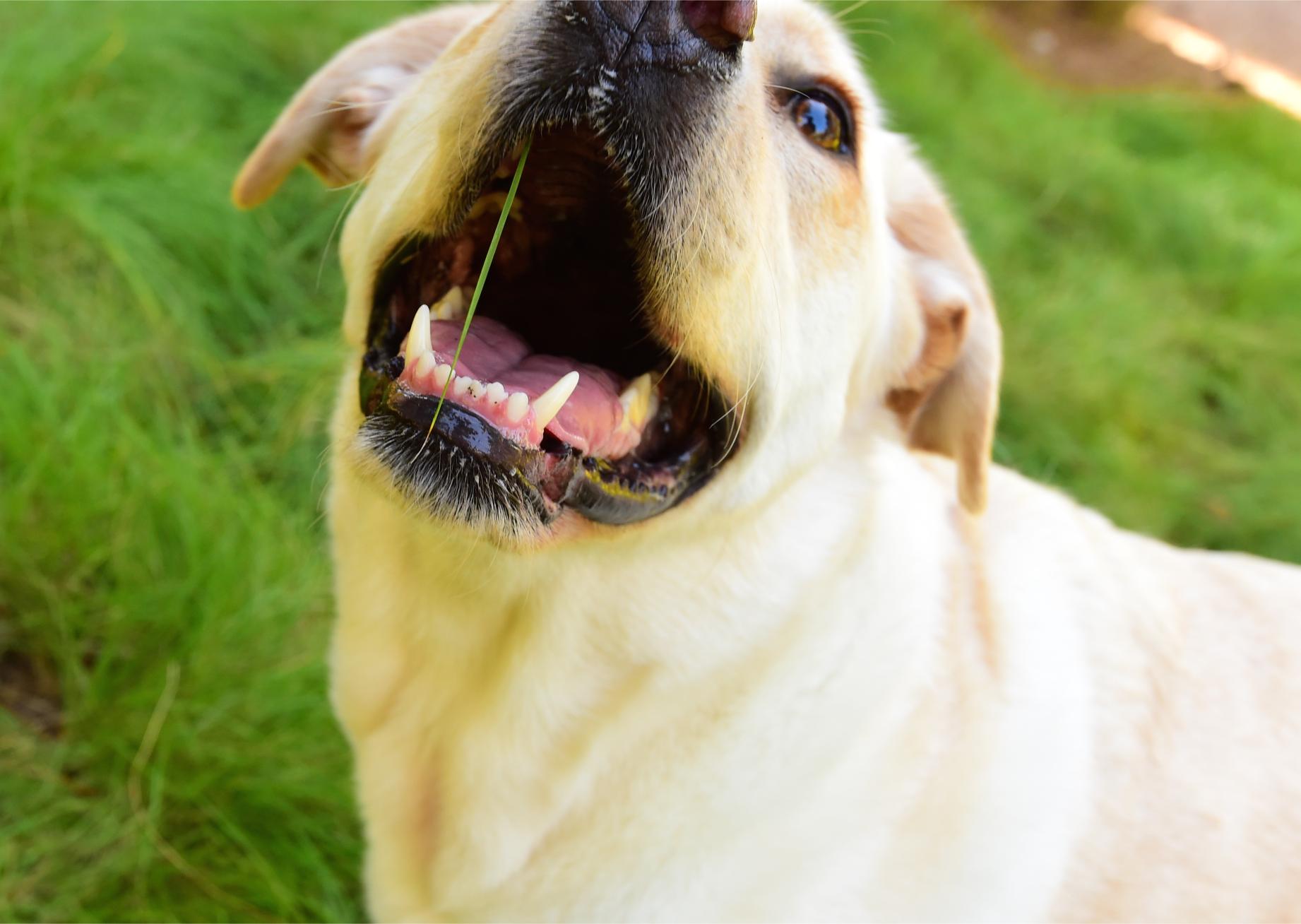Pet Dental Care Awareness

February is Pet Dental Awareness Month, and All Critters Veterinary Hospital thinks it is a very important month indeed. Pet dental care is one of the most important things you can do for your pet, and is an indispensable part of any pet wellness care strategy.
Your Pet’s Teeth
When a pet chews, food particles mix with saliva. While most of this mixture goes down the esophagus and heads into the stomach for digestion, there are inevitably small pieces that become stuck in between and on the teeth. This residue mixes with bacteria in the mouth to form a sticky substance called plaque. If it is not removed this plaque remains on the teeth eventually mineralizes into a hard substance called tartar. Tartar is much harder to remove.
Certain bacteria thrive in plaque and tartar on the teeth, and many of these produce stinky sulfur. Over time this plaque and tartar will also start to affect the surrounding soft tissues of the mouth and compromise the health of the teeth, gums, and nearby bone.
Things to Look For
Paying attention to subtle changes to your pet’s mouth can alert us to trouble early. Also, bringing your pet in to see us at least once a year for a wellness exam can help us to be sure we don’t see any issues.
Contact us for an appointment if you notice:
- Bad breath
- Change in eating habits
- Dropping food when eating
- Pain when touching the mouth
- Obvious tartar buildup
- Red or swollen gums
- Bleeding or loose teeth
- Chipped or broken teeth
- Drooling
- Swelling of the muzzle
Home Dental Care for Pets
Dental care at home is helpful to prevent and slow the progression of dental disease in our pets. It can also help you to be aware of any issues that pop up.
The foundation of home dental care for pets is tooth brushing. Tooth brushing does require commitment, but many pets will allow it with a little effort. When considering brushing your pet’s teeth:
- Introduce your pet to the toothbrush slowly, using lots of praise and treats
- Keep brushing sessions short
- Start by rubbing the teeth with a finger, then move to a soft toothbrush when your pet is ready
- Use a pet-specific toothpaste containing enzymes to break down plaque
- Human toothpaste may contain fluoride or xylitol which are toxic if swallowed
- Aim to brush daily
If your pet doesn’t tolerate brushing well, that’s okay! There are lots of pet dental care products on the market that can help. Check out the Veterinary Oral Health Council’s list of products that have been shown to benefit pet dental health
Your Partner in Pet Dental Health
It is not uncommon that pets show little or no obvious signs of dental disease. That means that the burden falls on us to be proactive about pet dental health. Don’t worry, though, we are here to help.
All pets need veterinary dental care oral exams and periodic cleanings under anesthesia. Similar to humans needing to visit the dentist for professional cleanings and X-rays, pets need this care as well. We will help you to provide top notch dental care for your pet.
Good pet dental care can have an enormous impact on your animals, and we are excited to be your partner in this endeavor. Let us know what questions you might have, we think dental care is pretty important, too.
